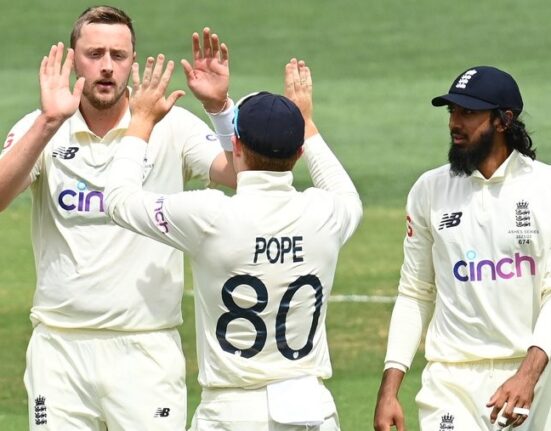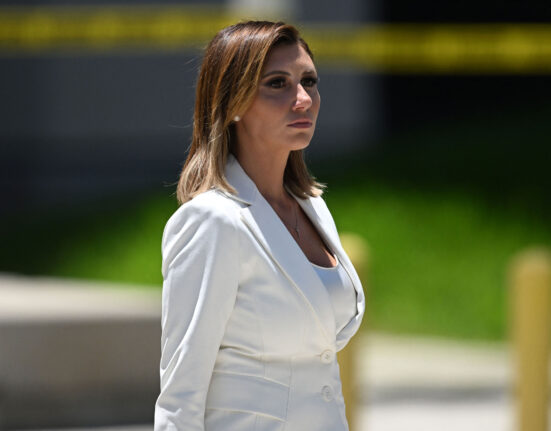Campaign signs in Sydney’s Watson electorate show a new wave of political activism among Australian Muslims. Az Fahmi, a campaign volunteer tired of feeling overlooked, is part of a growing movement demanding change. She reflects the sentiments echoed by many in her community:
“Enough is enough. We’re sick of being taken for granted. We’re sick of being ignored.”
The catalyst for this awakening isn’t local but thousands of kilometers away in war-torn Gaza. The conflict between Israel and Hamas has sparked a political awakening among Australia’s 650,000 eligible Muslim voters, who feel disconnected from Canberra’s decisions.
Galvanizing Moment:
Nasser Mashni, president of the Australia Palestine Advocacy Network (Apan), points out that the Palestinian cause resonates deeply within the Muslim community beyond just issues related to Gaza: “There is no question that the Palestine issue is way bigger than politicians realize.”
This newfound political vigor extends beyond international affairs. Issues like healthcare, housing, and cost of living are also at the forefront as Australian Muslims seek representation and solutions to their everyday challenges.
Ghaith Krayem, national spokesperson for Muslim Votes Matter (MVM), emphasizes that this surge in political engagement didn’t happen overnight but was brewing due to years of feeling marginalized on crucial matters.
Changing Electoral Landscape:
In key electorates like Watson, Blaxland, and Calwell with significant Muslim populations, independent candidates endorsed by advocacy groups like MVM are challenging traditional party dominance. This shift represents a broader desire for change and more nuanced considerations when casting votes.
While pro-Palestinian sentiment plays a role in shaping electoral choices, Amin Abbas notes a more profound underlying theme: Muslims seeking authentic representation devoid of party loyalty assumptions.
Political Empowerment:
This election marks a turning point where younger Australian Muslims are actively engaging with candidates’ values over party affiliations. Nora Amath underscores the urgency for leaders to address rising Islamophobia seriously.
The energetic campaigns led by candidates like Ziad Basyouny and Ahmed Ouf aim not just at winning seats but at fostering long-term community empowerment through sustained political participation.
The Road Ahead:
Regardless of election outcomes, what’s significant is the emergence of Australian Muslims as a formidable political force demanding recognition and influence in shaping policies affecting their lives.
As Nasser Mashni aptly puts it: “I’m absolutely a believer that my constituency should be engaged in the democratic process… join [a party] and make it better or support an independent; fantastic – do that.” The momentum generated by this election is just the beginning of what promises to be an enduring journey towards inclusive representation and meaningful change.








Leave feedback about this